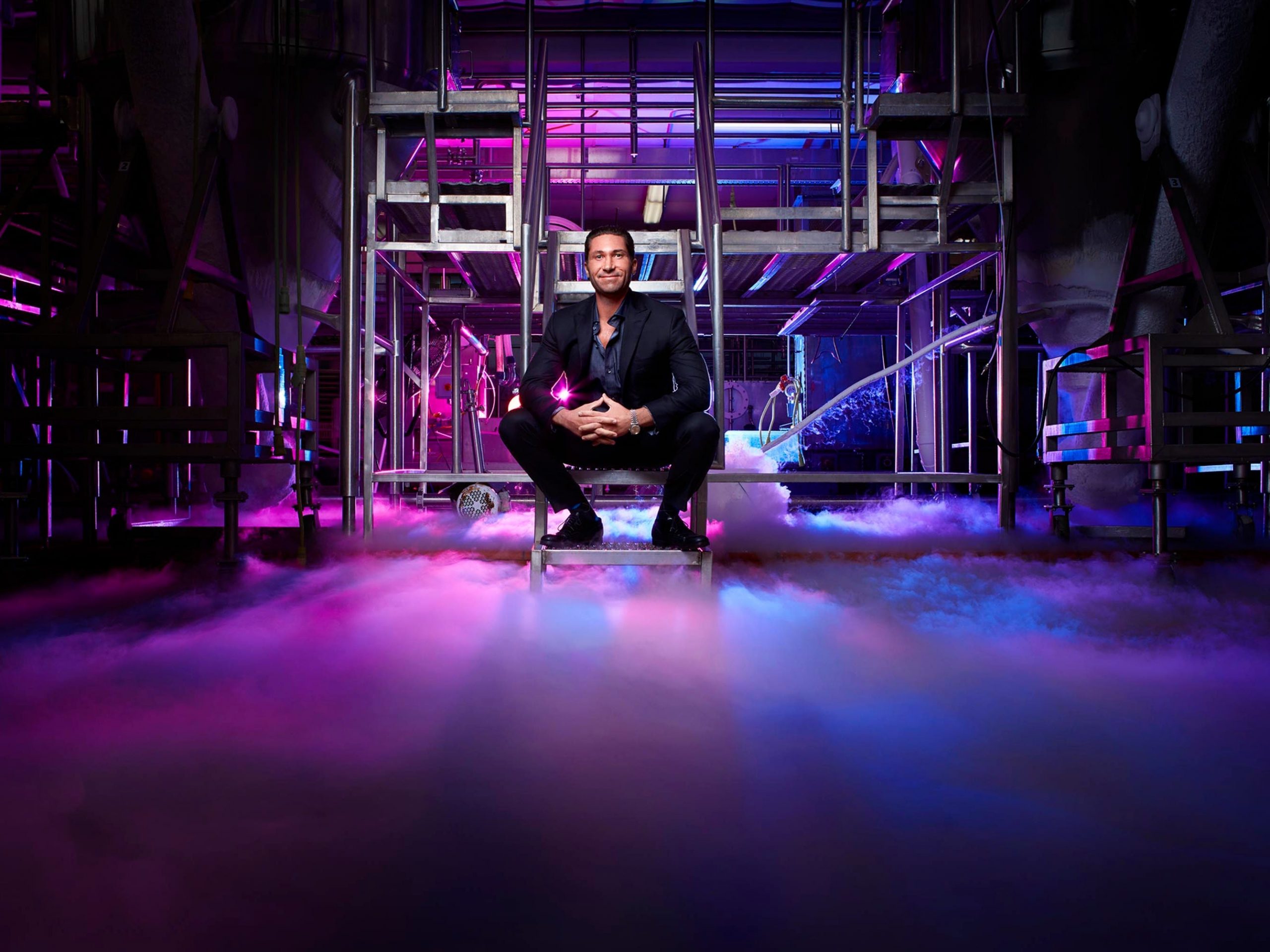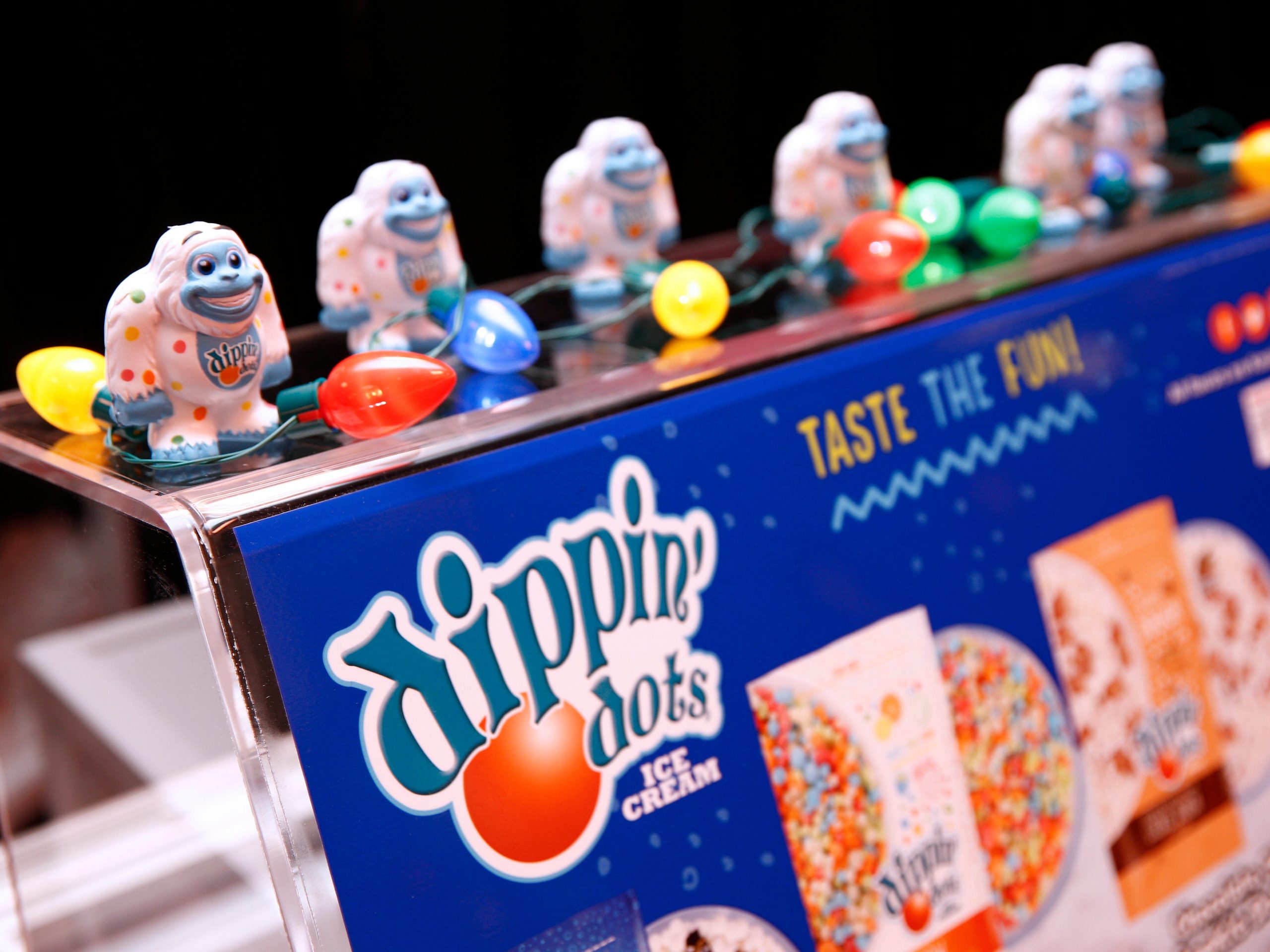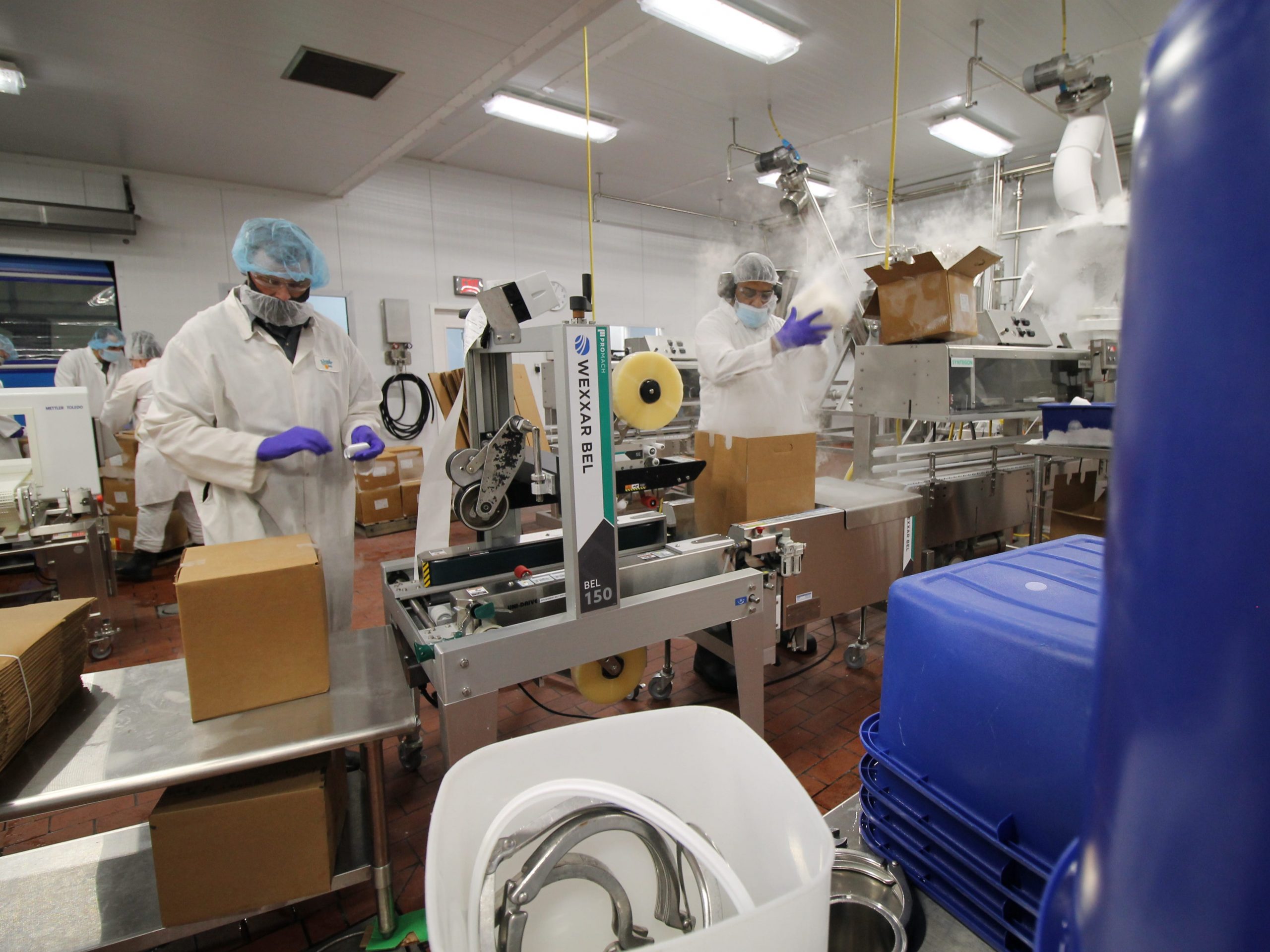
Courtesy of Dippin' Dots
- Dippin’ Dots ice cream is an American theme park staple.
- With theme park closures and festival cancellations having become the standard during the pandemic, another side of the company’s business is keeping it afloat: licensing its cryogenic technology.
- Scott Fischer, the company’s CEO, spoke to Business Insider about this pivot and his plans for the company going forward.
- Visit Business Insider’s homepage for more stories.
Dippin’ Dots, the beloved ice cream brand, has cemented a place for itself squarely in American culture. The colorful, flash-frozen bits of ice cream have been a staple in theme parks, festivals, and games across the country since the 1980s when founder Curt Jones started the business.
But the social distancing guidelines of the coronavirus pandemic have brought the company’s usual in-person fanfare to an abrupt pause. Two of the company’s major points of sale — theme parks and sporting events — were closed for several months in the summer and put on indefinite hold respectively. In that vacuum, the company has pivoted to cashing in on another facet of its business model: licensing its cryogenic technology.

Brian Ach/Getty Images for iHeartMedia
Per the company website, their cryogenics process uses liquid nitrogen to flash freeze products. The process, according to the site, “is suitable as a first step for any products that need to be freeze-dried.”
“I didn’t know what the market was going to be but I figured if we brought visibility to our cryogenic process using the equity of Dippin dots that the business would come to us. And it did,” CEO Scott Fischer, who took over the ropes of the company in 2012, told Business Insider.
A business pivot to licensing its trademark technology
The company headquarters and its production plants are based in Paducah, Kentucky.
Fischer said the company's expansion into cryogenics started about two years ago but that the business started to snowball in the past year. So far, he said, the company has worked with lending the technology into plant-based meat products and pharmaceutical products. This diversification is especially valuable with the dip in ice cream sales.
According to numbers Fischer shared with Business Insider, the company's ice cream sales declined by 85% between April 2019 and April 2020, while cryogenics grew by 348%. He says plant-based meat is the company's most profitable branch.
"We have some of the large, well-known brands in the plant-based meat segments, the ones that you would see at the grocery stores or by Costcos or quick-serve restaurants and what we do is we have oils that we put through our cryogenic process and the oils come out like small chronically frozen pellets of simulated fat," Fischer said. "Those simulated fats are what goes go into the plant-based meats." Matt Siegler, a company spokesperson, declined to name any of the clients Dippin Dots is currently working with.

Courtesy of Dippin' Dots
Even with this pivot, the company shared that it has had to adjust its workforce to get through COVID-19.
The company added a second plant in August 2020, pictured above, in Paducah, Kentucky, to handle its cryogenics demands. The $3.2 million plant is currently operating at half capacity and with coronavirus-era guidelines to keep its workers safe, but Fischer said he anticipates employing 90 people when it's at full capacity. The company also has plans to expand cryogenics technology licensing to animal feed, nutritional supplements, real meat, and butter.
"With a business that is very seasonal and very heavy in certain locations, if something happens and if that location was shut down, it's difficult to continue to build and maintain cash flows," Fischer said. "So diversification, I found, is a very smart play for any business, but especially a business that is heavily focused in one market."
